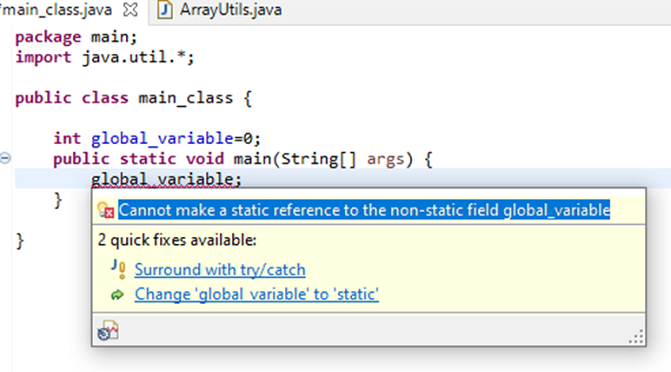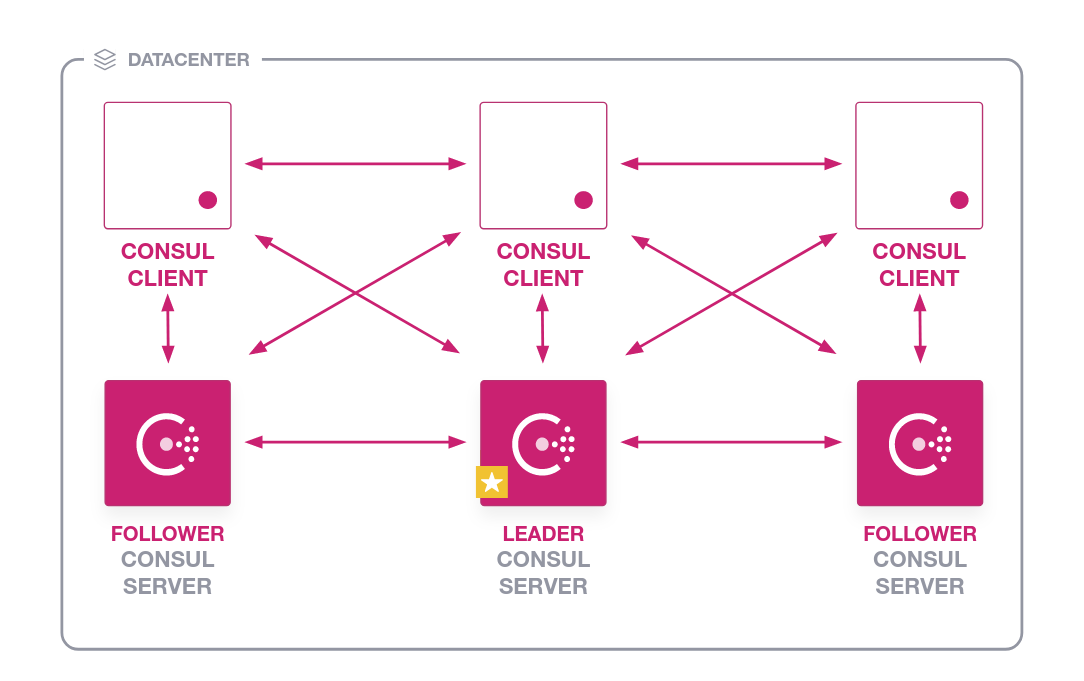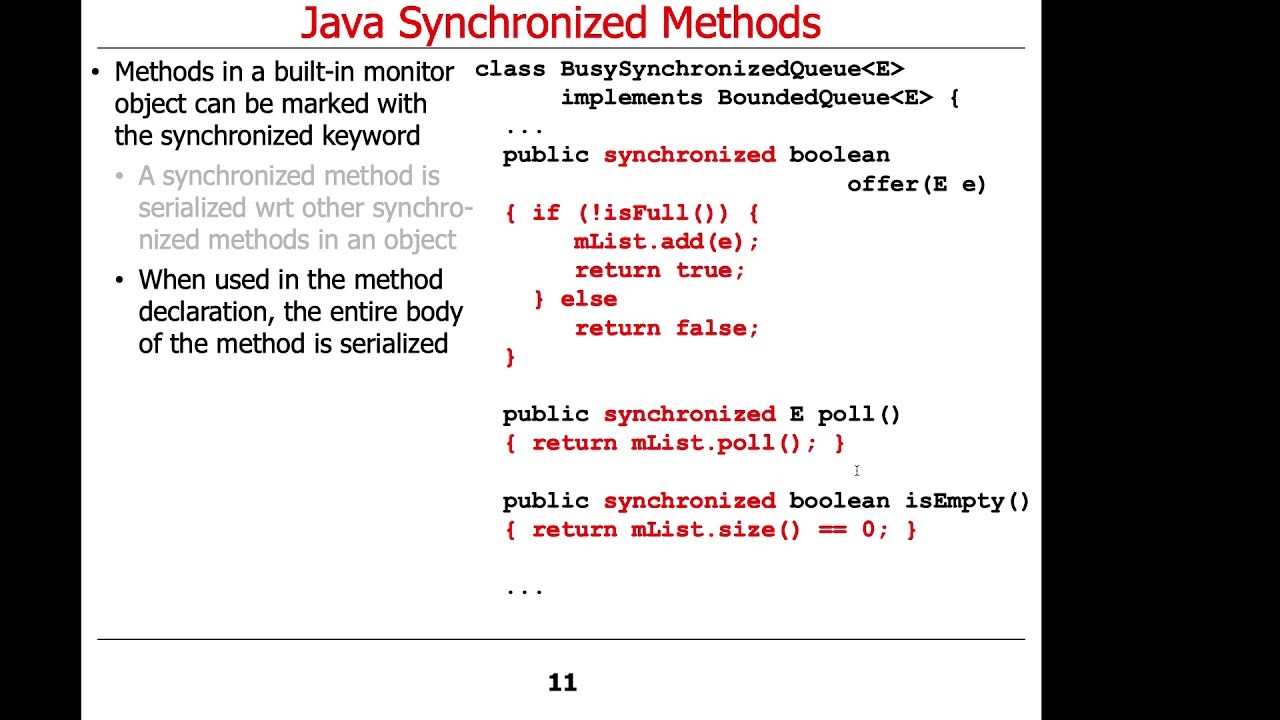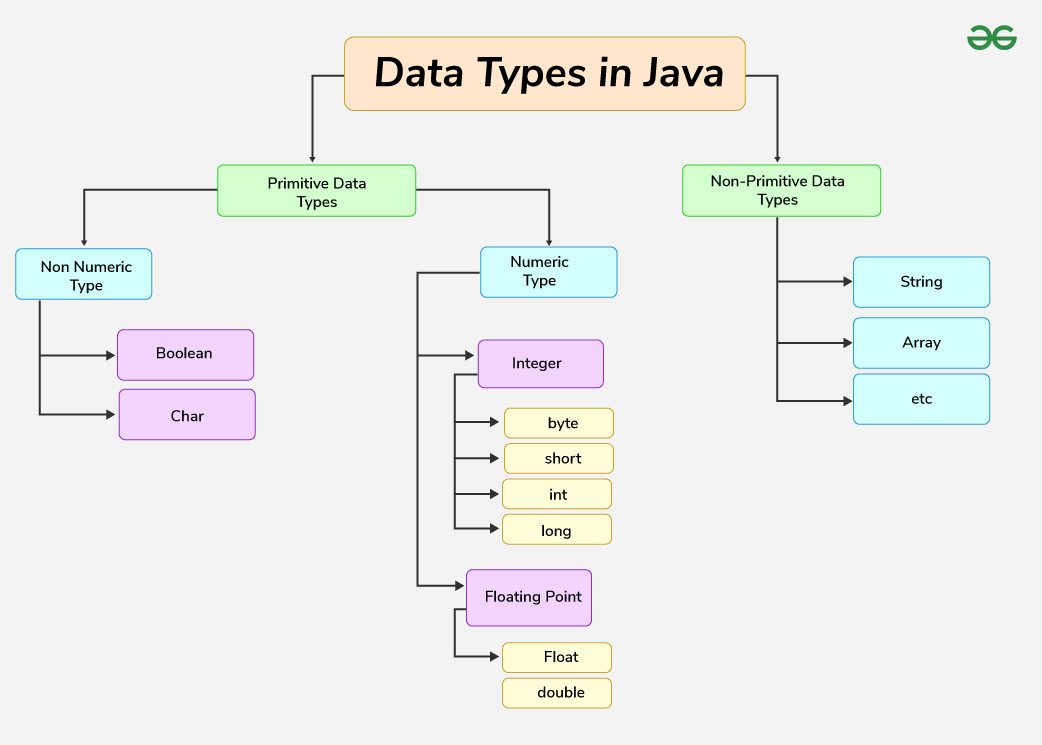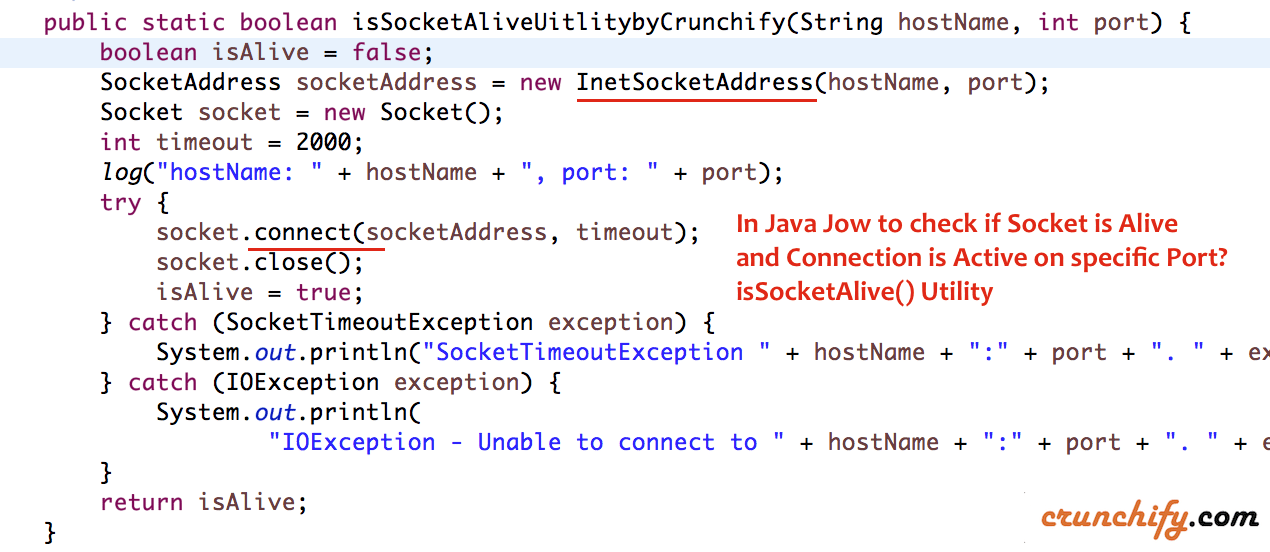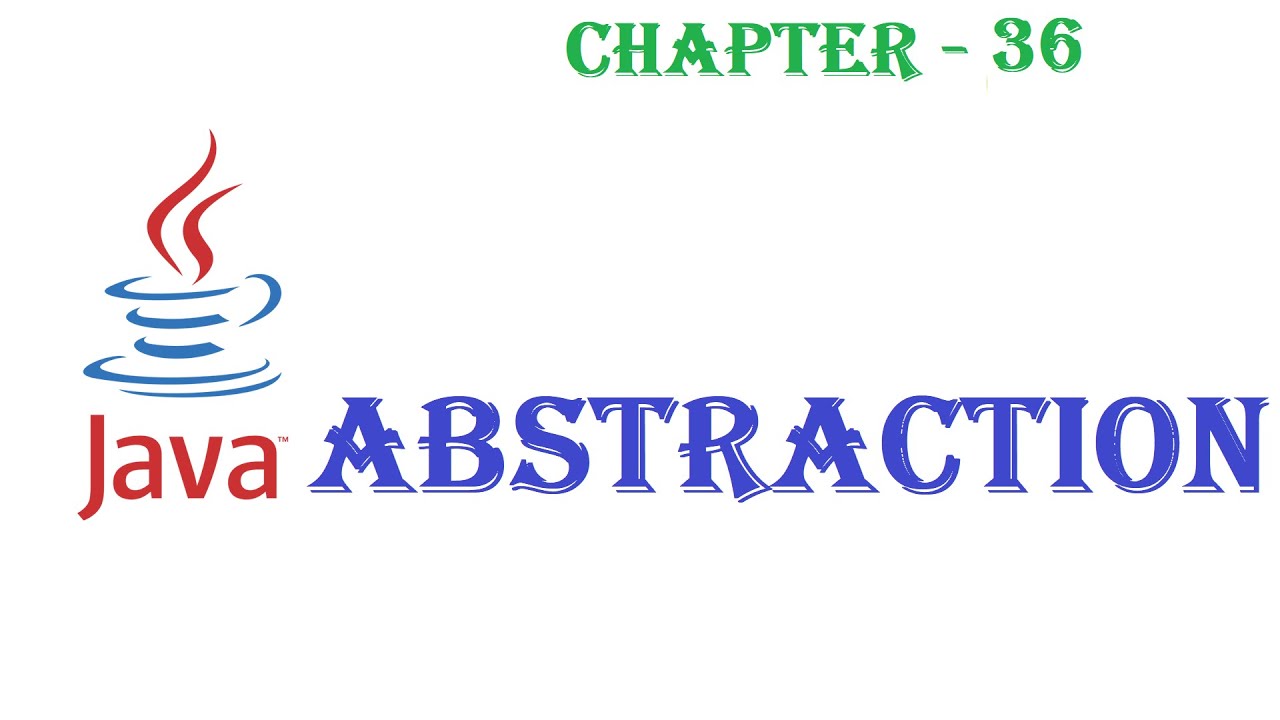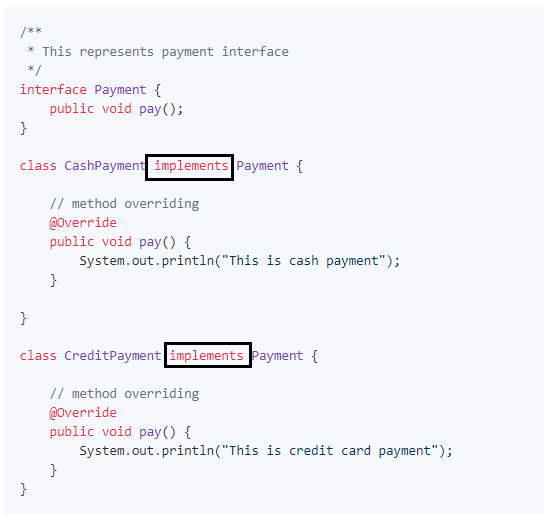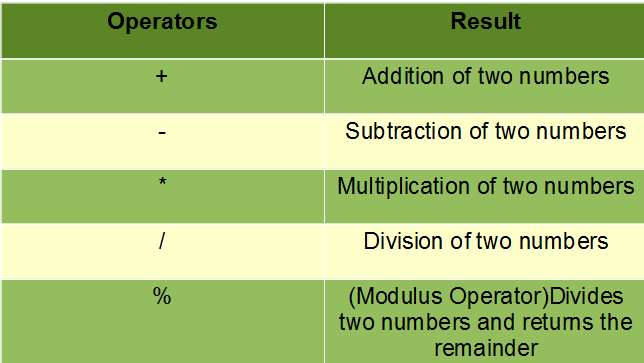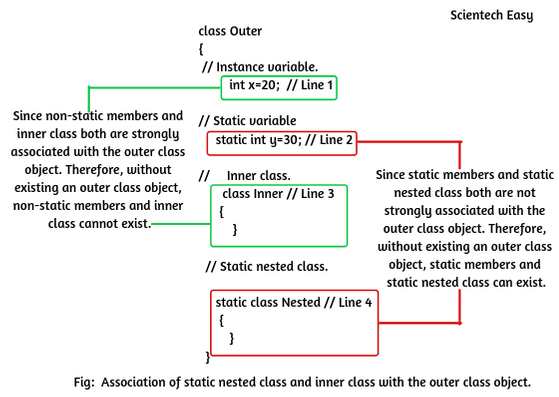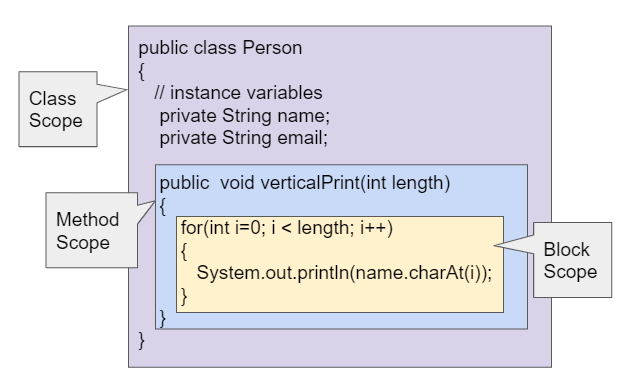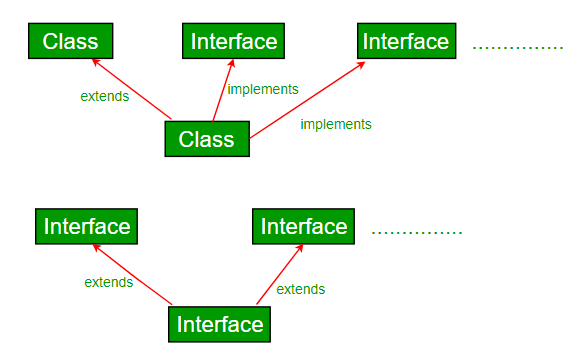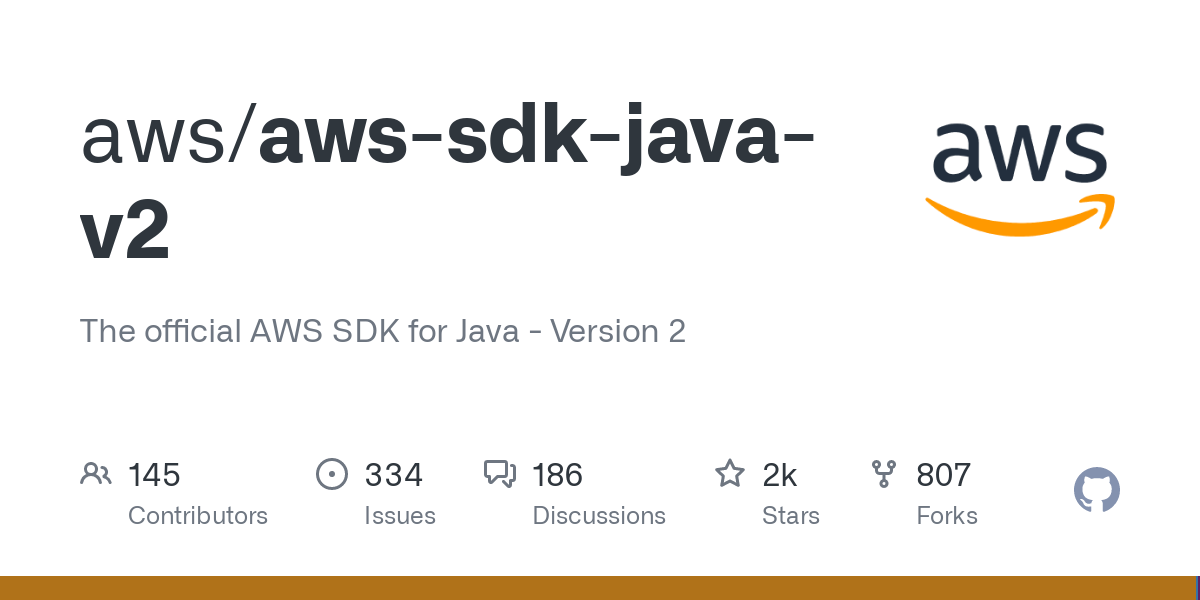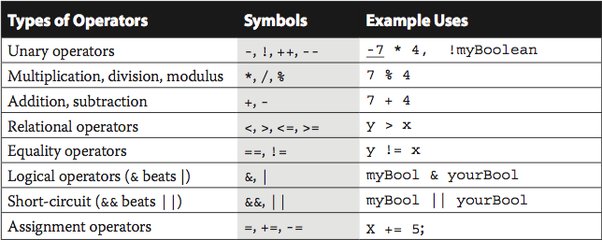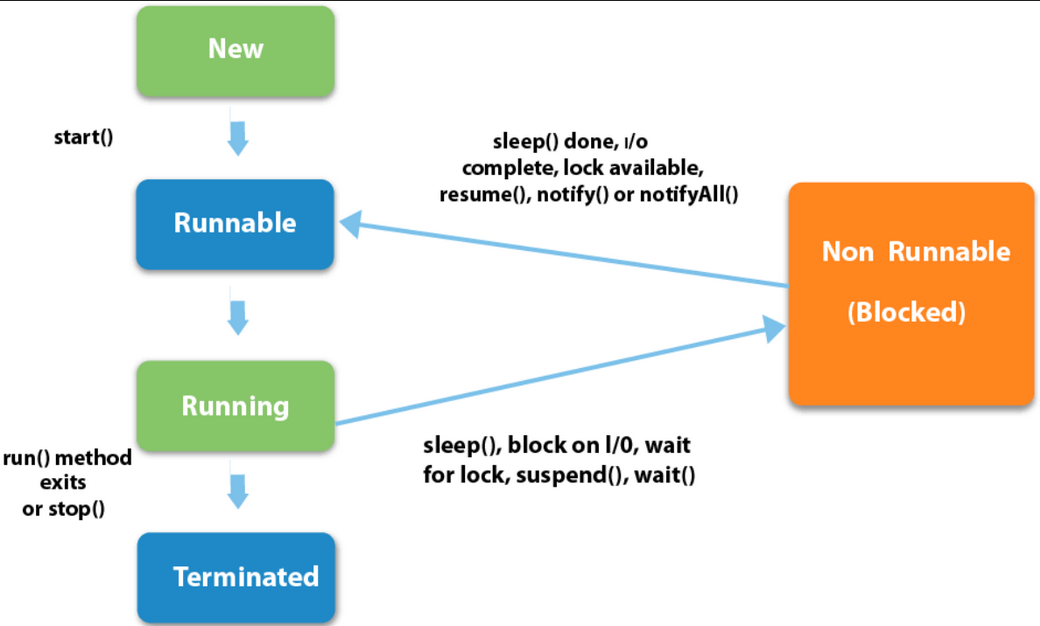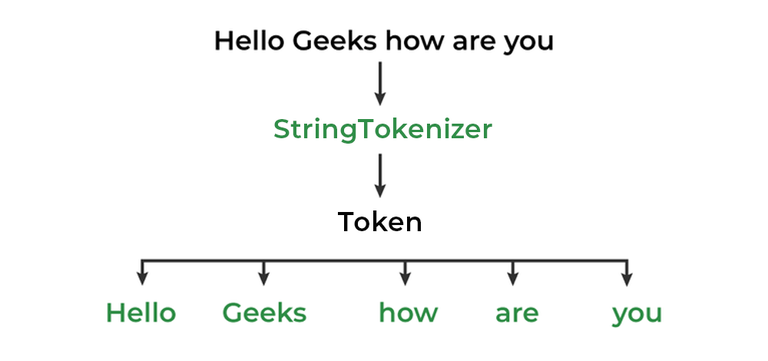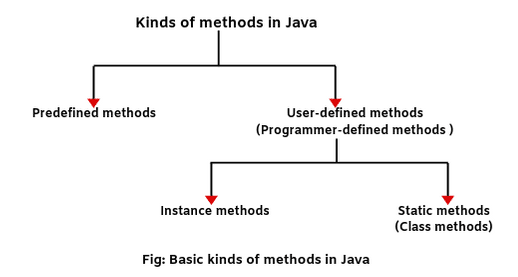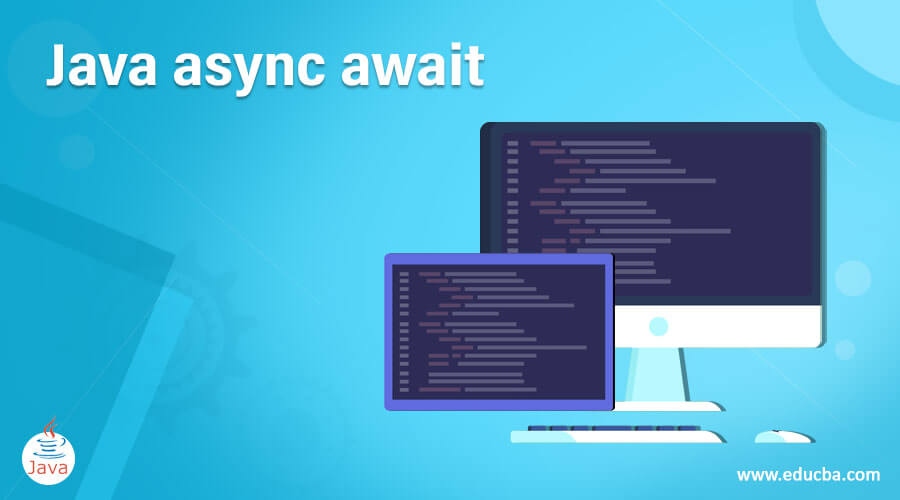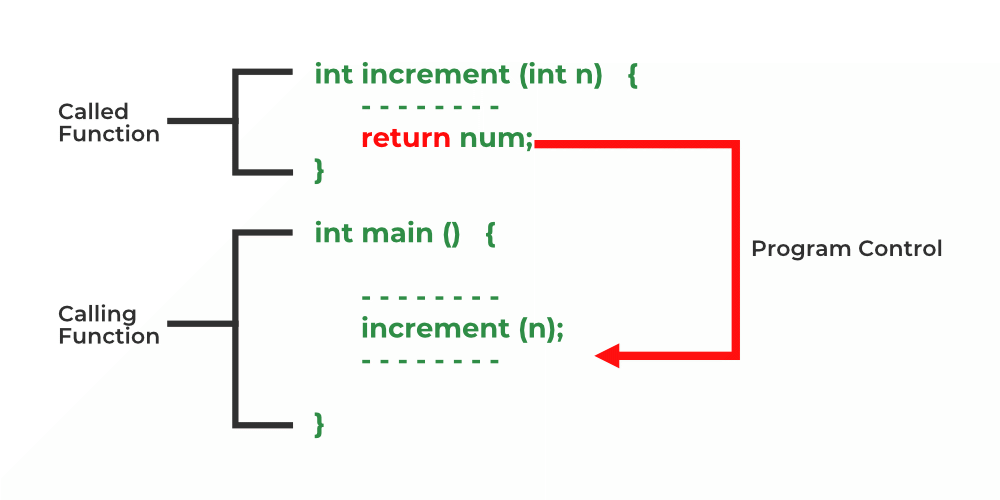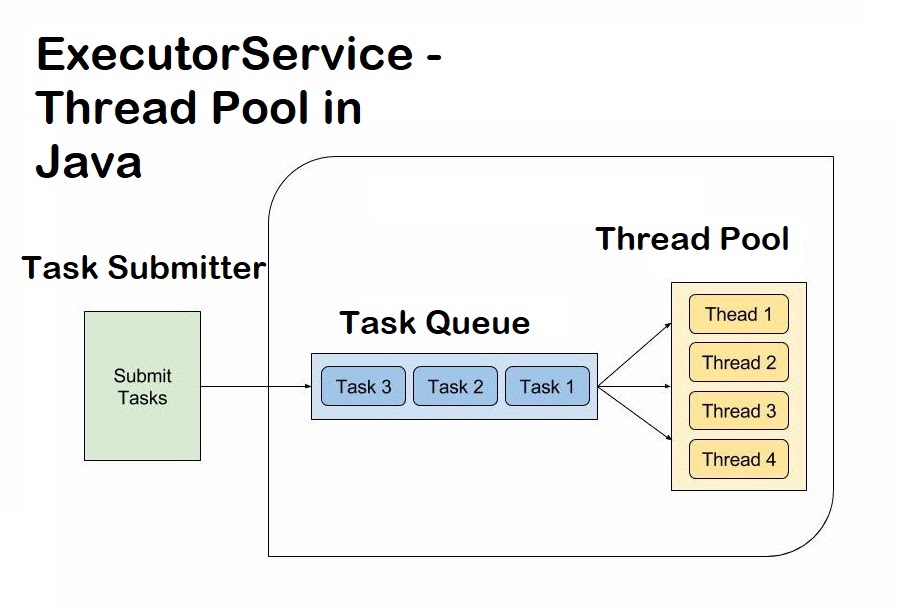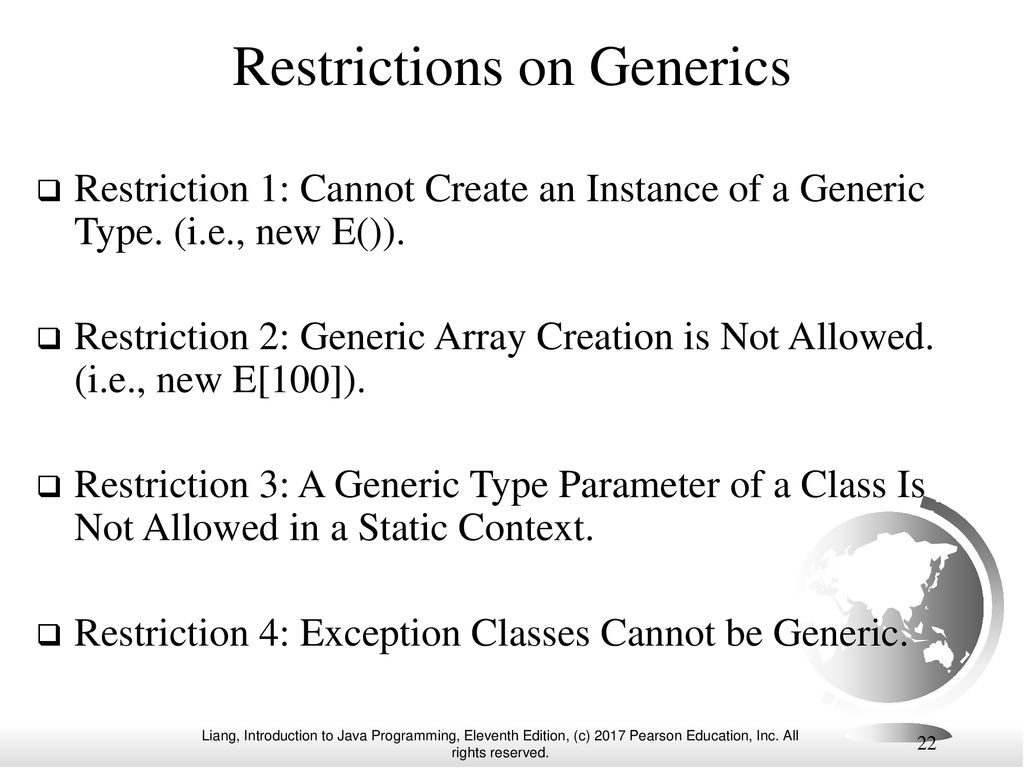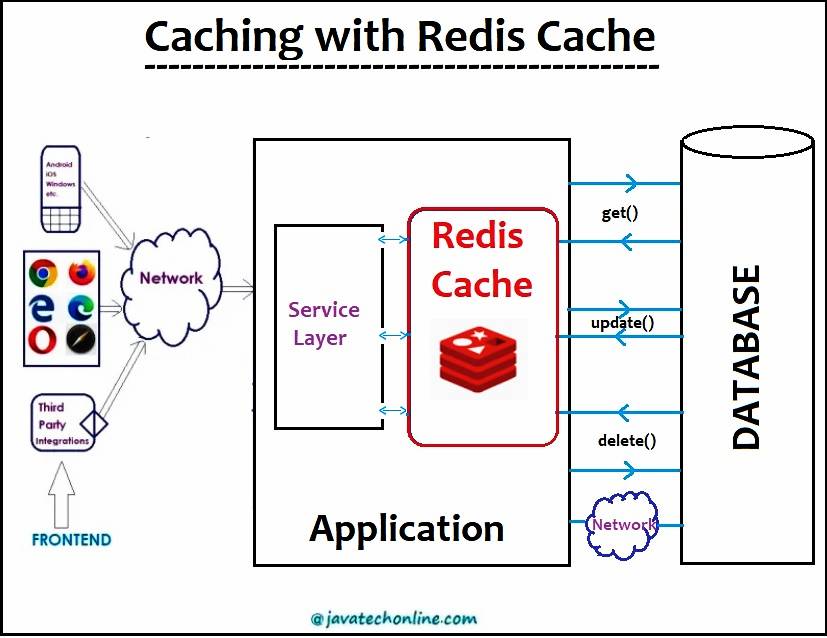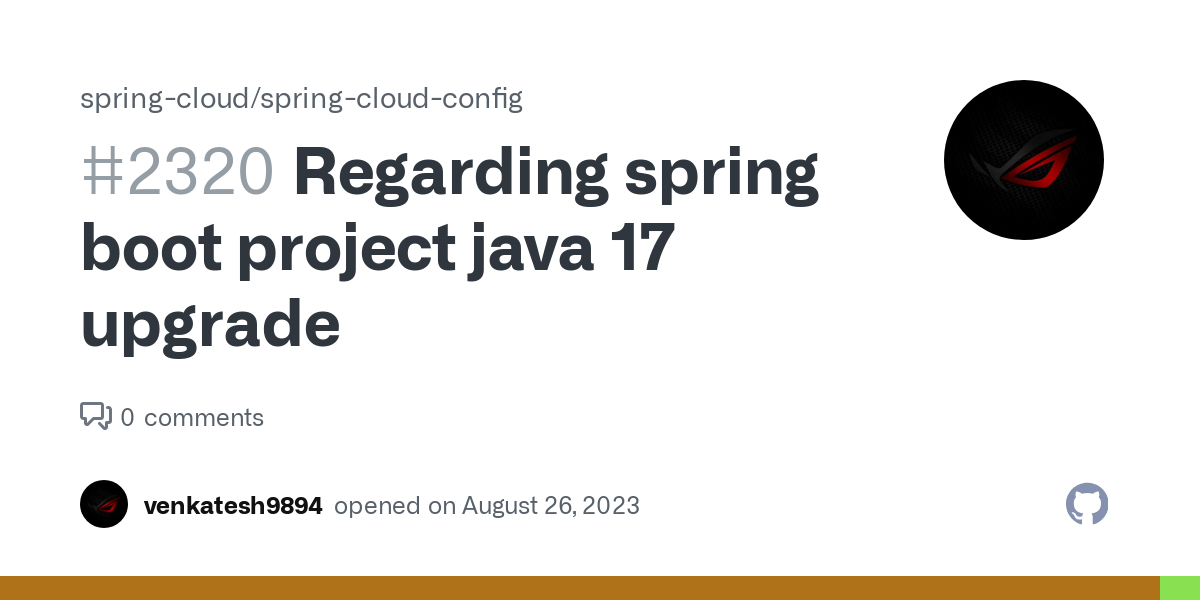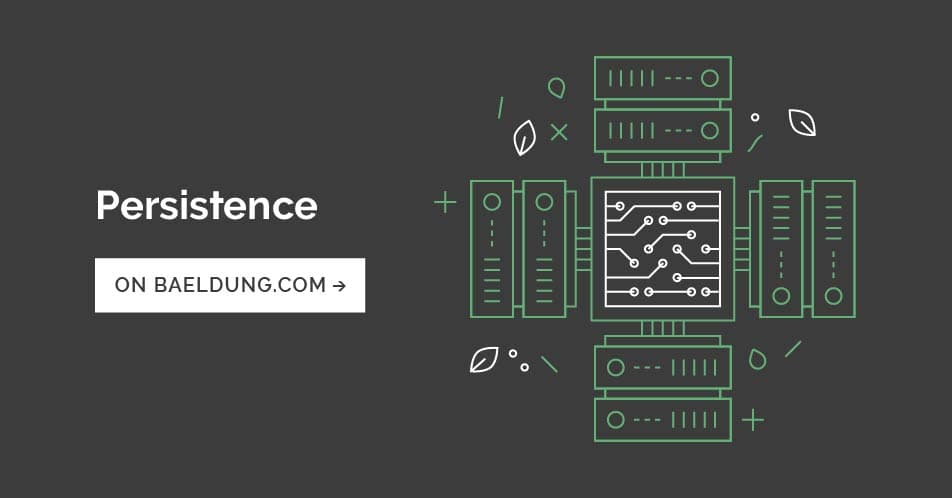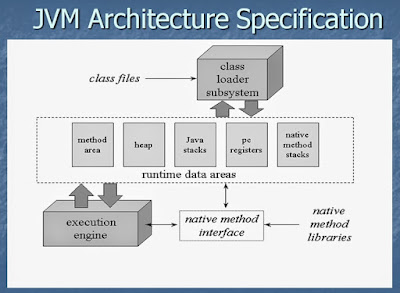How to get data from a link in Java?
How to get data from a link in Java?
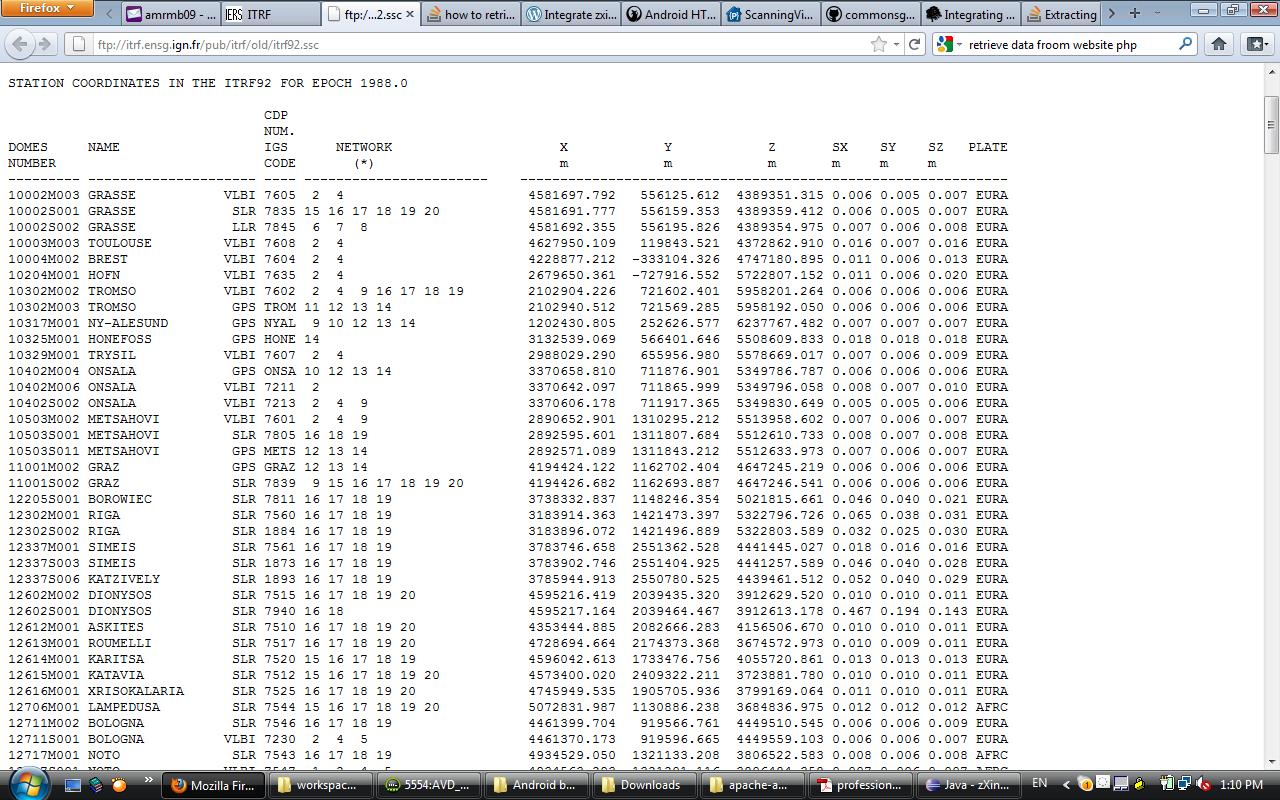
Here's the answer:
To extract data from a link in Java, you can use a combination of techniques such as HTML parsing, JSON processing, and regular expressions. Here's an example of how you can do it using some popular Java libraries:
HTML Parsing: You can use a library like JSoup or Apache HtmlParser to parse the HTML content of the webpage. This will allow you to navigate the page and extract specific data points.For example, let's say you have a link https://www.example.com/data that contains an HTML table with some data:
Name
John
Age
25
...
You can use JSoup to parse the HTML and extract the table data:
String url = "https://www.example.com/data";
Document doc = Jsoup.connect(url).get();
Elements tables = doc.select("table");
for (Element table : tables) {
Elements rows = table.select("tr");
for (Element row : rows) {
Elements cells = row.select("td");
String name = cells.get(0).text();
int age = Integer.parseInt(cells.get(1).text());
System.out.println(name + " is " + age + " years old.");
}
}
For example, let's say you have a link https://www.example.com/data that returns a JSON object:
{
"name": "John",
"age": 25,
...
}
You can use Jackson to parse the JSON and extract the name and age:
String url = "https://www.example.com/data";
ObjectMapper mapper = new ObjectMapper();
JsonNode node = mapper.readTree(url);
String name = node.get("name").asText();
int age = node.get("age").asInt();
System.out.println(name + " is " + age + " years old.");
For example, let's say you have a link https://www.example.com/data that returns some text with email addresses:
John 25 years old.
Jane [email protected] 30 years old.
...
You can use regular expressions to extract the email addresses from the text:
String url = "https://www.example.com/data";
String response = new URL(url).openStream().toString();
Pattern pattern = Pattern.compile("[a-zA-Z0-9._%+-]+@[a-zA-Z0-9.-]+");
Matcher matcher = pattern.matcher(response);
while (matcher.find()) {
System.out.println(matcher.group());
}
Remember to handle exceptions and errors when working with links, as the data you want to extract may not always be available or formatted in a predictable way.
How to get connection URL from DataSource in Java?
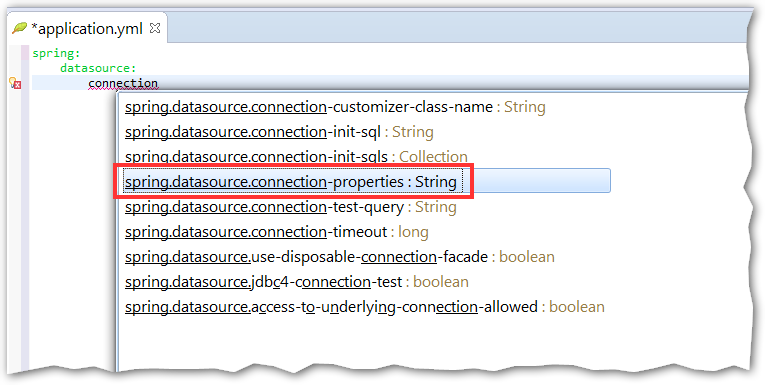
I'd be happy to help!
In a Java application, a DataSource object is used to establish a connection to a database, and the connection URL is an essential component of this process. A connection URL typically includes information such as the database type (e.g., MySQL, PostgreSQL), server name or IP address, port number, username, and password.
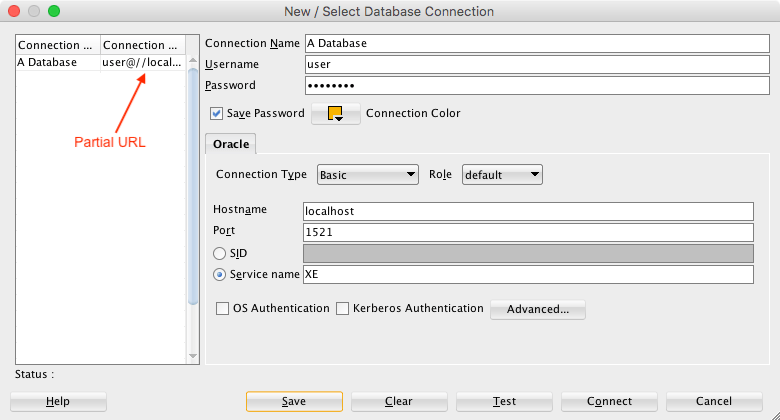
Here's how you can get the connection URL from a DataSource object in Java:
getConnection() method: One way to retrieve the connection URL is by calling the getConnection() method on your DataSource object. This method returns a Connection object that represents the connection to the database.
import javax.sql.DataSource;
public class DataSourceExample {
public static void main(String[] args) throws Exception {
// Assume 'myDataSource' is an instance of 'DataSource'
Connection connection = myDataSource.getConnection();
String connectionUrl = connection.toString(); // This includes the connection URL
// ...
}
}
In this example, we call getConnection() on our DataSource object (myDataSource) to get a Connection object. We then use the toString() method on that Connection object to get the connection URL.
getURL() method (if available): If your DataSource implementation provides a getURL() method, you can use that to retrieve the connection URL directly.
import javax.sql.DataSource;
public class DataSourceExample {
public static void main(String[] args) throws Exception {
// Assume 'myDataSource' is an instance of 'DataSource'
String connectionUrl = myDataSource.getURL(); // This includes the connection URL
// ...
}
}
Please note that not all DataSource implementations provide a getURL() method, so you might need to use the first approach.
DataSource implementation that doesn't have a publicly accessible getter for the connection URL, you can use Java's Reflection API to access the private field that stores the connection URL.
import java.lang.reflect.Field;
public class DataSourceExample {
public static void main(String[] args) throws Exception {
// Assume 'myDataSource' is an instance of 'DataSource'
Field field = myDataSource.getClass().getDeclaredField("connectionUrl");
field.setAccessible(true);
String connectionUrl = (String) field.get(myDataSource);
// ...
}
}
In this example, we use reflection to access the private connectionUrl field of our custom DataSource implementation. This approach is more invasive and should be used with caution.
Remember that the specific way you retrieve the connection URL might depend on the underlying database technology and the DataSource implementation you're using. Make sure to consult your DataSource documentation or API if you have any doubts!
